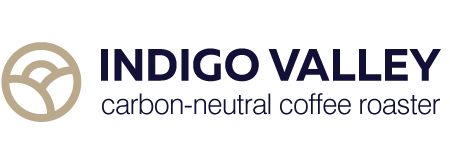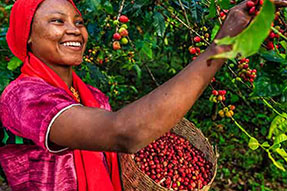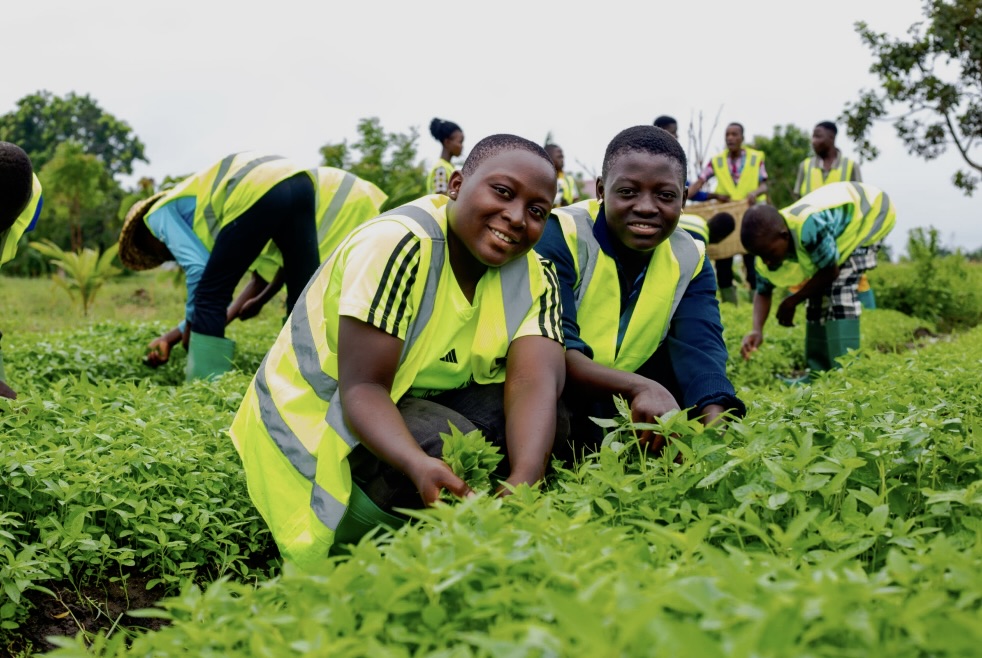
Empowering Togo’s Future Through the Nehemiah Agribusiness Academy
At Indigo Valley, we’ve always believed that great coffee doesn’t just come from the bean, it comes from thriving communities. Today, we’re excited to share our ongoing commitment to making a meaningful difference in the lives of young people, caregivers, and entire communities in Togo by aiding the Nehemiah Agribusiness Academy (NABA). This initiative, part of Compassion Togo’s broader strategy, is focused on equipping participants with the agricultural and entrepreneurial skills they need to break cycles of poverty and foster long-term sustainable development.
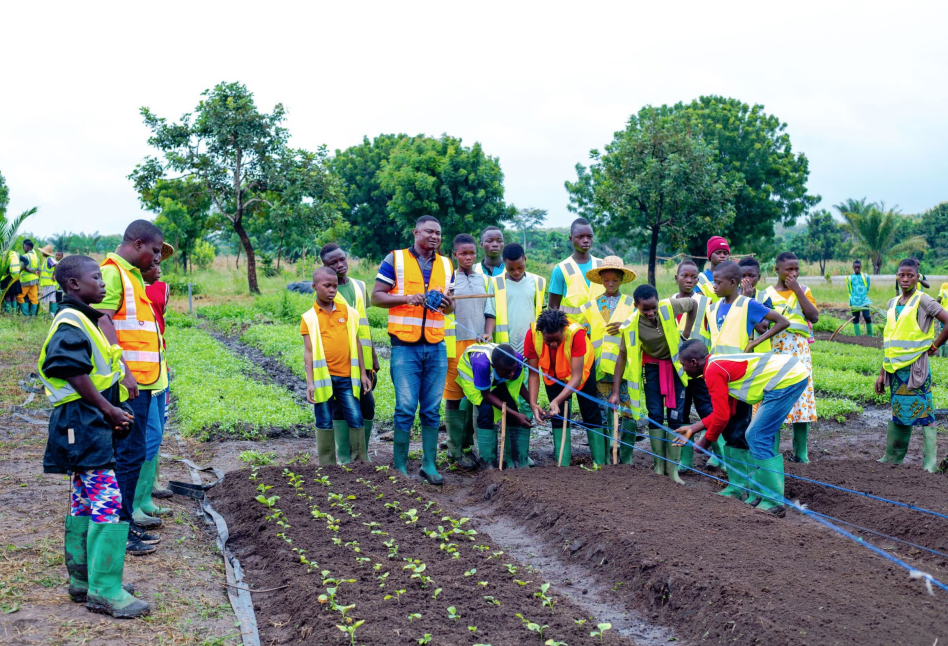
About the Nehemiah Agribusiness Academy (NABA)
The Nehemiah Agribusiness Academy is dedicated to providing training in agribusiness to Compassion-supported youth, their caregivers, and community members. It’s a community-centred approach that aligns with the Sustainable Development Goals, emphasising environmental stewardship, youth empowerment, and the use of clean energy technologies. By focusing on agriculture, an essential livelihood in Togo, NABA addresses the country’s most pressing issues: climate vulnerability, youth unemployment, and limited access to modern farming techniques.
Why Togo?
Despite its rich agricultural potential, Togo faces significant challenges due to climate change, economic constraints, and a shortage of professional training opportunities. Many young people, even those who have completed their formal education, struggle to find stable work. The dominance of subsistence farming methods and limited exposure to modern farming technologies mean that potential remains untapped.
By supporting the Nehemiah Agribusiness Academy, we’re helping to nurture this potential. The project provides hands-on training in environmentally sustainable farming, animal husbandry, and basic business skills, allowing participants to not only grow their own ventures but also strengthen the food security and economic resilience of the entire community.
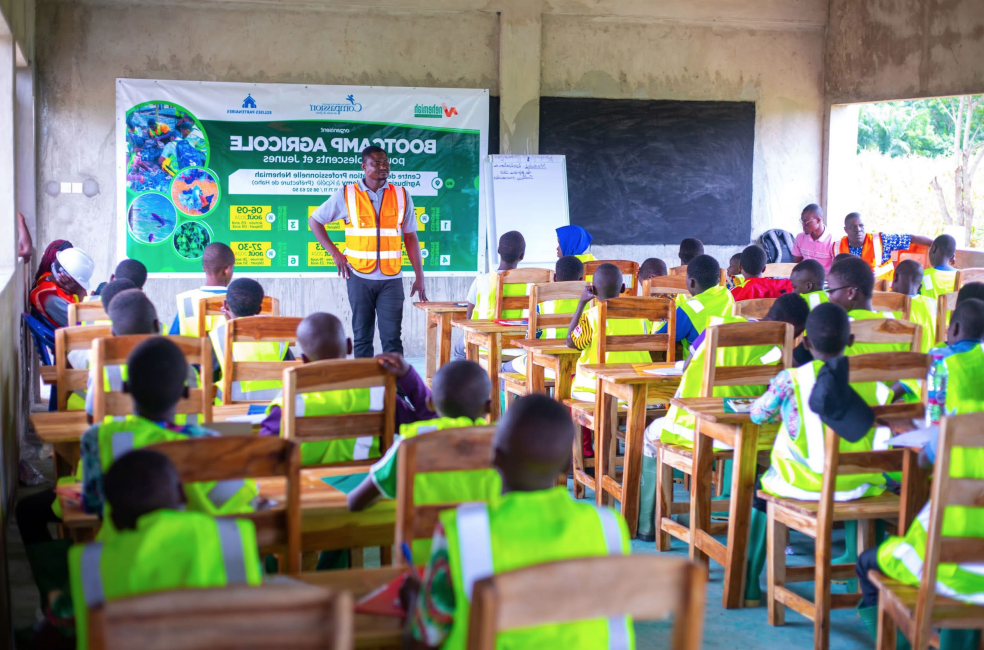
Phase Two Highlights: Practical Skills and Real Results
Since January 2024, the second phase of the NABA project has produced encouraging outcomes.
Infrastructure Development:
New dormitories, a kitchen, a storehouse, and a borehole are planned to support ongoing activities. Selection of construction companies is underway, setting the stage for more robust training facilities and improved living conditions for participants.
Chicken Breeding Experiment:
Between February and May 2024, participants successfully bred 500 chickens, achieving a 16% positive margin on production costs. This hands-on experience helped them understand the economics of poultry farming and gain confidence in their business acumen.
Vegetable Cultivation and Sales:
Locally grown vegetables were sold to Compassion child development centres and local markets in Kpèlè and Notsé, improving community access to fresh, nutritious produce while generating income for the participants.
Summer Camp Involvement:
During school holidays, 280 children explored poultry farming, fish farming, market gardening, and nursery production. This hands-on exposure at an early age instills critical thinking, problem-solving, and an entrepreneurial spirit that can shape their futures.
Impact to Date
The results of NABA’s second phase have been remarkable in several ways. First, from an economic perspective, the sale of chickens, fish, and vegetables has generated over £2,000, covering operational costs and allowing the academy to continue operating sustainably without ongoing external support. In terms of skill building and awareness, participants have gained technical expertise in agriculture, learning how to run their own farms, manage composting effectively, and follow proper planting schedules to improve yields. This knowledge not only strengthens the local economy but also promotes responsible environmental management. Beyond these improvements, the broader community also benefits. Access to fresh, locally produced goods grown with health-preserving methods enhances overall well-being, while the academy’s growing reputation encourages more young people to consider agribusiness as a viable path for their future.
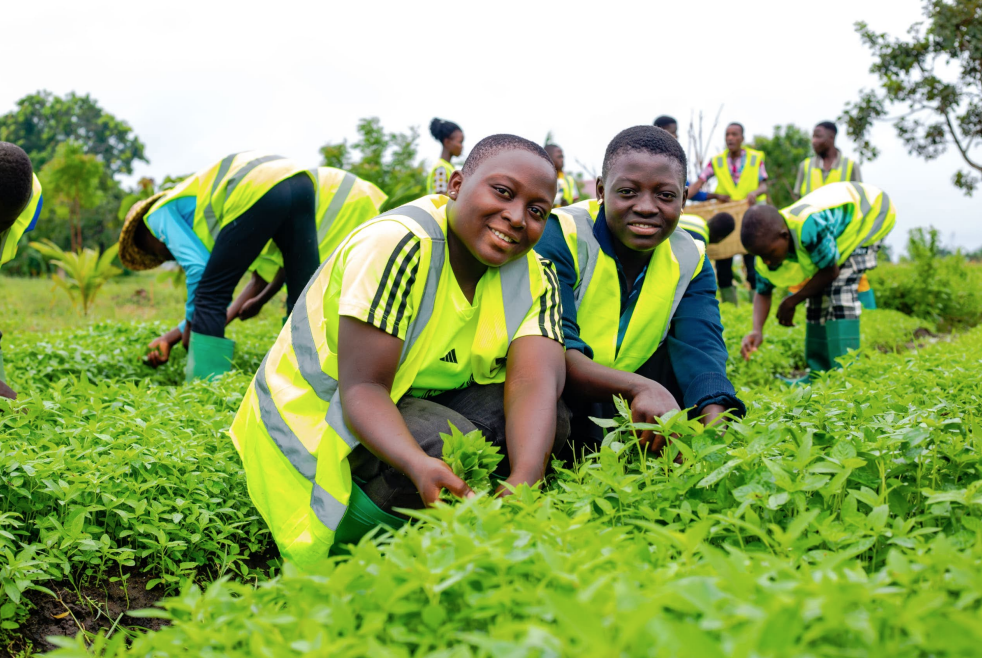
A Shared Vision for a Brighter Future
At Indigo Valley, our support is more than a financial contribution – it’s an investment in the future of these young people, their families, and their communities. By championing initiatives like the Nehemiah Agribusiness Academy, we’re working to break the cycle of poverty and create opportunities for sustainable growth. This not only aligns with our commitment to responsibly sourced coffee and ethical business practices but ensures that communities flourish, fostering the conditions that produce exceptional coffee and thriving local economies.
As we continue on this journey, we do so with gratitude, transparency, and accountability. Your support, whether through purchasing our coffee or spreading the word, makes these transformations possible. It’s your partnership and compassion that strengthen NABA’s impact and help shape a future where agriculture is not just a means of survival but a path to prosperity.
Thank you for joining us in this effort. We look forward to sharing more stories of hope, progress, and transformation as the NABA centre continues to expand its reach and empower the next generation of agribusiness leaders in Togo.

Interested in more?
Looking for more articles about coffee and coffee equipment from Indigo Valley? Why not view our archive of posts and articles for everything you need to know about coffee.
